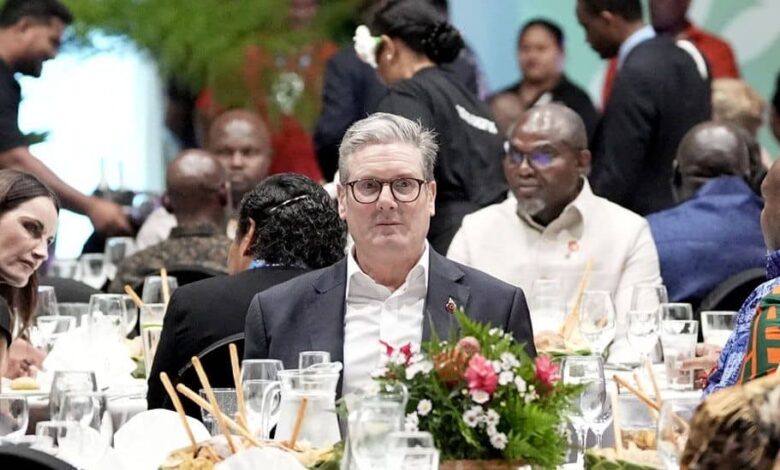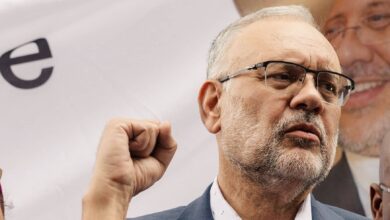
The Commonwealth heads of government are to ignore the UK and pledge to agree on proposals to consider reparatory justice for slavery, the BBC has learned.
Downing Street insists that the issue is not on the agenda for the summit of 56 Commonwealth nations this Friday in the Pacific island nation of Samoa.
However, diplomats said ministers were discussing terms to conduct further research and start a “meaningful dialogue” over an issue that could cost the UK billions of pounds in reparations.
But Frederick Mitchell, the Bahamas’ foreign minister, was sanguine: “Once you broach the subject, it may take a while for people to come around, but they will.
Reparatory justice for slavery can take a multi-dimensional form: financial reparations, debt relief, an official apology, educational programs, building museums, economic support, and public health assistance.
Heads, noting calls for discussions on reparatory justice about the transatlantic trade in enslaved Africans and chattel enslavement… agreed that the time has come for a meaningful, truthful, and respectful conversation toward forging a common future based on equity.”
It states the heads of government would play “an active role in bringing about such inclusive conversations addressing these harms” and that they agreed “to prioritize and facilitate further and additional research on the transatlantic trade in enslaved Africans and chattel slavery that encourages and supports the conversations and informs a way forward.”
The situation could change once Commonwealth leaders arrive, but diplomats have hammered it out ahead of the summit. British officials won a strategic victory in blocking a plan for an entirely separate declaration on the subject.
The communique does not want to include language on reparatory justice. Still, it has to accept that it will include three paragraphs setting out the Commonwealth’s detailed position.
Caricom, which represents Caribbean nations, has seen fit to seek to broaden the issue to encompass not only the slave trade across the Atlantic but also the Pacific.
According to the draft communique, most member states share a common historical experience vis-à-vis this detestable trade, chattel enslavement, debilitation, and dispossession of Indigenous people.



